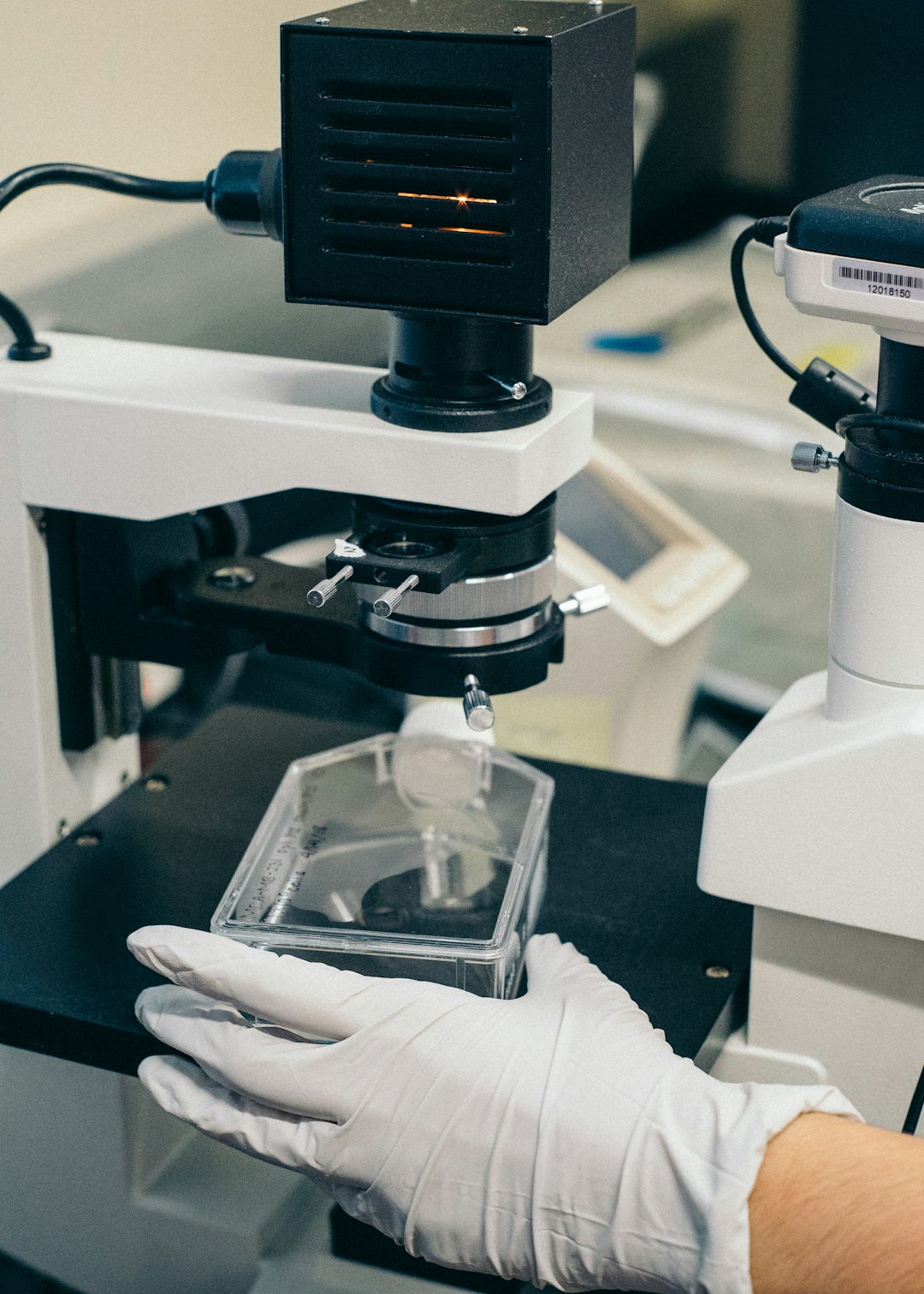Biomedical Engineer Mataaro Rongoā Koiora
Biomedical engineers design, build and maintain medical equipment, artificial body parts and computer programs to help treat disabilities, diseases, or injuries.
Biomedical engineers may do some or all of the following:
- consult and collaborate with doctors and other medical staff
- conduct research and publish the results
- keep up to date with biotechnical developments
- design and develop products such as medical scanning devices, machines, artificial body parts and software
- repair medical equipment
- test products with patients or volunteers
- train medical staff in how to use devices, and provide technical support when devices are in use.
Physical Requirements
Biomedical engineers working with electronics need to have normal colour vision so they can distinguish between different coloured electrical cables.
Useful Experience
Useful experience for biomedical engineers includes:
- engineering work
- work with computers and electronics
- experience in the health care industry.
Personal Qualities
Biomedical engineers need to be:
- practical and logical
- accurate, with an eye for detail
- creative and innovative
- able to work well under pressure
- problem-solvers
- able to work alone or as part of a team.
Skills
Biomedical engineers need to have:
- knowledge of engineering and biology
- design skills
- skill in computer modelling and software design
- skill in interpreting design specifications
- knowledge of anatomy and physiology (the science of how the body functions), and medical terms.
Conditions
Biomedical engineers:
- usually work normal business hours, but may work long hours on projects or after hours if they work for a hospital
- work in offices, factories, research institutes, hospitals and rehabilitation units
- may travel overseas for research and conferences.
Subject Recommendations
A tertiary entrance qualification is required to enter further training. Useful subjects include biology, chemistry, design and visual communication, digital technologies, mathematics and physics.
Related Courses
Biomedical Engineers can earn around $50K-$55K per year.
Pay for biomedical engineers depends on their qualifications and experience.
- Graduate biomedical engineers usually earn $50,000 to $55,000 a year.
- Experienced biomedical engineers can earn $110,000 to $130,000 a year.
Source: FutuureinTech, 2023; and PERSOLKELLY, '2023 - 2024 Salary Guide', 2023
PAYE.net.nz website - use this calculator to convert pay and salary information
Biomedical engineers may move into managerial roles. Those who work in universities may become tertiary lecturers, assistant professors, or professors.
Biomedical engineers may specialise in areas such as:
- biotechnology – developing commercial products using living material. For example, designing organisms to produce antibiotics
- instrumentation – development of new instruments, such as heart monitoring systems, for diagnosis, treatment or measurement of body processes
- medical software development
- nanotechnology – research and development of tiny products, such as microscopic sensors, that can measure changes in body tissue
- prosthetic and implant development – artificial replacements for body parts including limbs and internal organs
- systems monitoring – monitoring and testing of health care systems
- tissue engineering – repairing or making artificial replacements for tissues such as blood vessels and skin.
Years Of Training
4 years of training requiredTo become a biomedical engineer you need to have one of the following:
- Bachelor of Engineering (Biomedical Engineering) (Honours)
- Bachelor of Engineering (Honours) in a relevant discipline such as electronic engineering or mechanical engineering and applied science subjects.
To work in research you usually need a Doctorate in Engineering.

 Epsom Girls Grammar School
Epsom Girls Grammar School